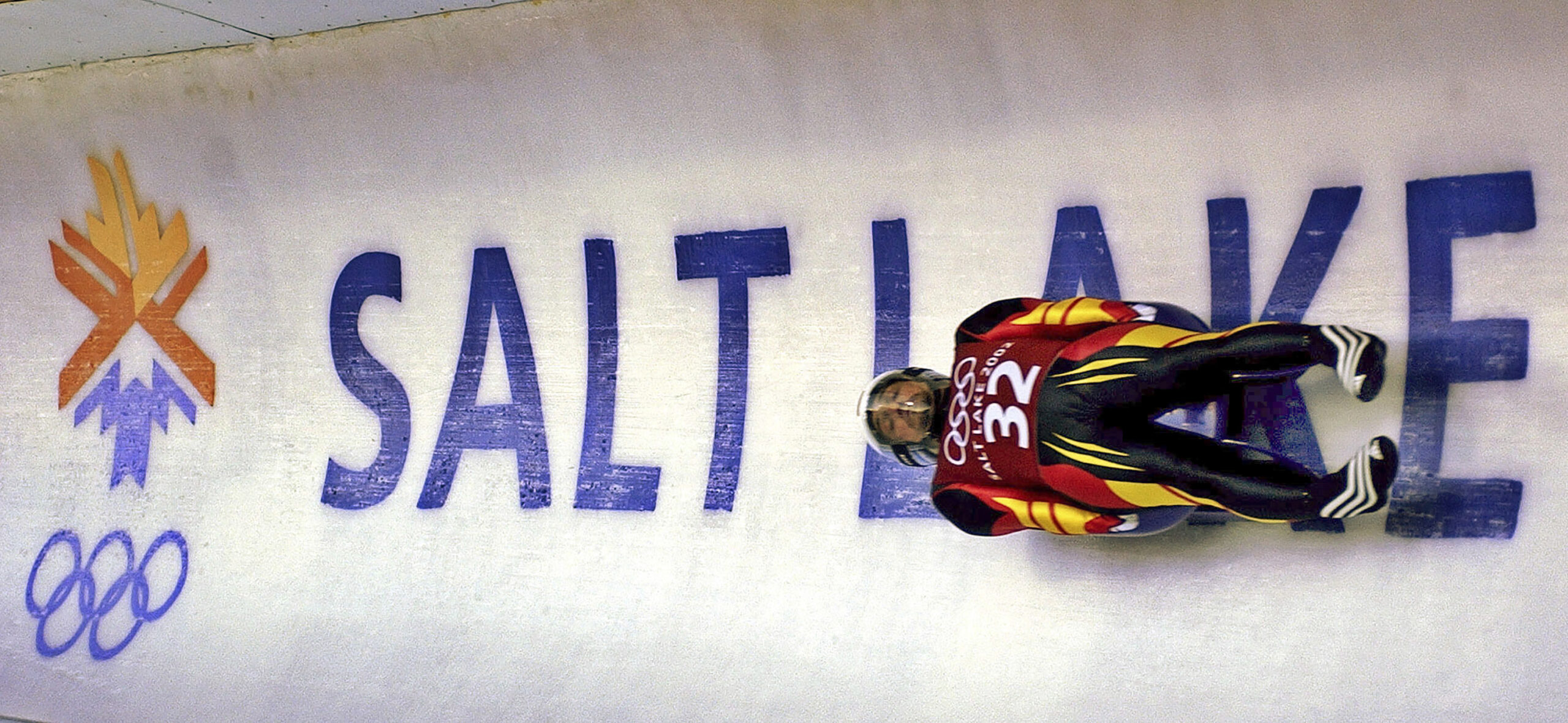
The Salt Lake City-Utah Committee for the Games presented key elements of its bid to the International Olympic Committee’s Future Host Commission on Tuesday in a virtual meeting ahead of the IOC Executive Board meetings later this month, in which discussion and a possible recommendation on hosts for the 2030 and 2034 Olympic and Paralympic Winter Games will be made.
SLC-UT President and Chief Executive Officer Fraser Bullock said the three main messages delivered to the Future Host Commission was having confidence in the bid group to deliver a great Games; the level of public and governmental support; and the passion the region has in utilizing the message of the Games.
“It’s not just the 17 days of the Games and 10 days of the Paralympics,” he said. “If we’re so fortunate to end up with 34, we’d have 10 years of significant influence to do good for our communities and the Olympic movement.”
Sponsored Content
Future Host Commission Chair Karl Stoss’ presentation at the IOC Session in October specifically mentioned Salt Lake City as a candidate for 2034 with groups from France, Sweden and Switzerland all interested in 2030.
“Our strategy has been to stay way ahead of the process,” Bullock said, adding all contracts signed are for either the 2030 or 2034 Games. “Much of our work isn’t even required until we’re well into targeted dialogue, but it’s all done. We believe that’s helpful to us because they know they can count on us. It eliminates uncertainty.”
While the Future Host Commission’s formal recommendations to the IOC Executive Board this month should lead to a double award at the IOC Session in July prior to the 2024 Paris Games, one complication is France cannot be awarded the Games at a Session it is also hosting under the rules of the Olympic Charter. IOC President Thomas Bach declined to elaborate during the annual IOC Session in October on what this would mean if France was the preferred candidate for 2030.
The SLC bid group has all IOC-required government guarantees including federal, state and host venue communities signed with 82% public support in the region. All venues from the 2002 Games that Salt Lake City hosted remain in use along with the athletes’ village at the University of Utah. The Salt Lake City International Airport opened new terminals in the past few years that has dramatically increased the scope of incoming travelers along with improvements in the past two decades made in the public transit system and Salt Palace Convention Center.
“The Olympic and Paralympic Winter Games are about athletes and community,” said Catherine Raney Norman, board chair for the bid group. “Today we brought not only a message to the IOC and IPC of athletes, communities and a bid that is fully prepared to engage the world.”
Since Salt Lake organized the Games in 2002, the region has hosted more than 150 World Cup events in various winter sports. Athletes from more than 30 nations train in Utah at venues used in 2002.
“The energy and enthusiasm that the bid committee and community has shown has been incredible,” said Lindsey Vonn, a three-time Olympic medalist and one of Tuesday’s presenters. “I think the IOC and IPC understand our commitment. As an Olympic Champion, it’s an honor and a privilege to be engaged in the bid as the voice of athletes and their families.”
The full group of presenters included Bullock, Raney Norman and Vonn plus Salt Lake City Mayor Erin Mendenhall, Utah Governor Spencer Cox and Sarah Hirshland, president and chief executive officer of the United States Olympic and Paralympic Committee.
And with less than 10 days until the executive board meetings, there may be clarity after years of planning for a future Games.
“We see a very important interim finish line, which is targeted dialogue,” Bullock said. “We think we’ve done everything we possibly could do to position us well to hopefully receive a targeted dialogue invitation.”












 Copyright © 2025 by Northstar Travel Media LLC. All Rights Reserved. 301 Route 17 N, Suite 1150, Rutherford, NJ 07070 USA | Telephone: (201) 902-2000
Copyright © 2025 by Northstar Travel Media LLC. All Rights Reserved. 301 Route 17 N, Suite 1150, Rutherford, NJ 07070 USA | Telephone: (201) 902-2000